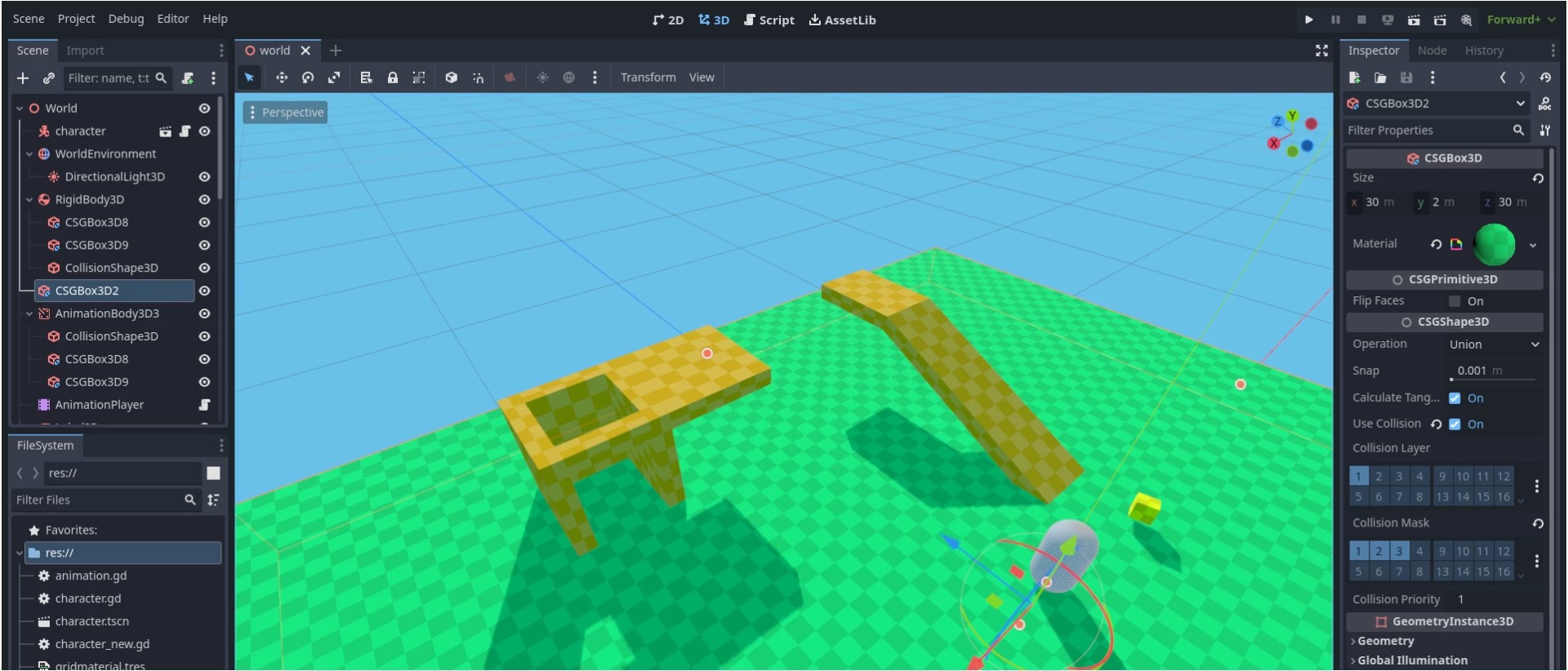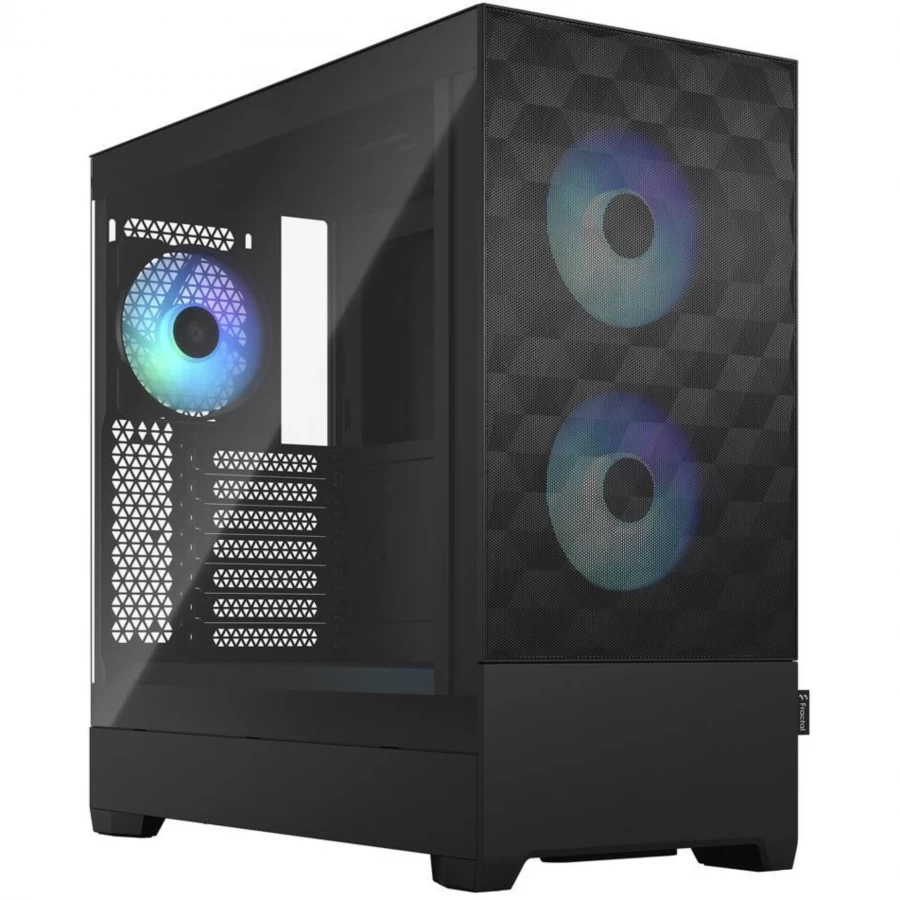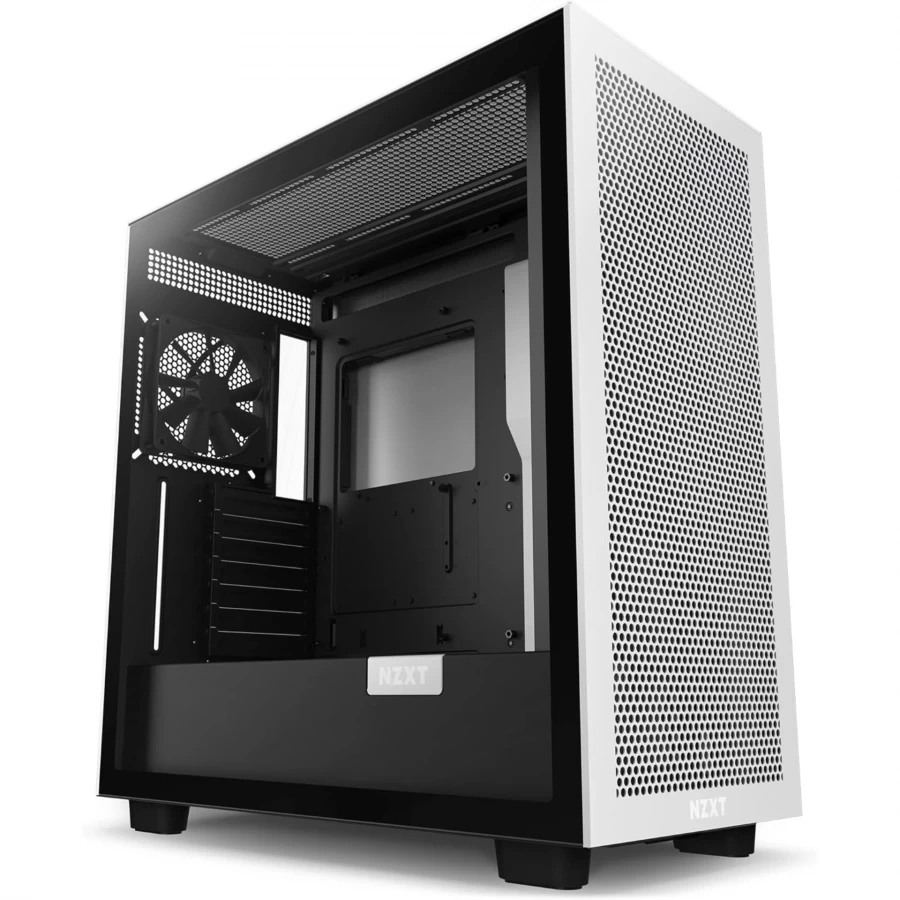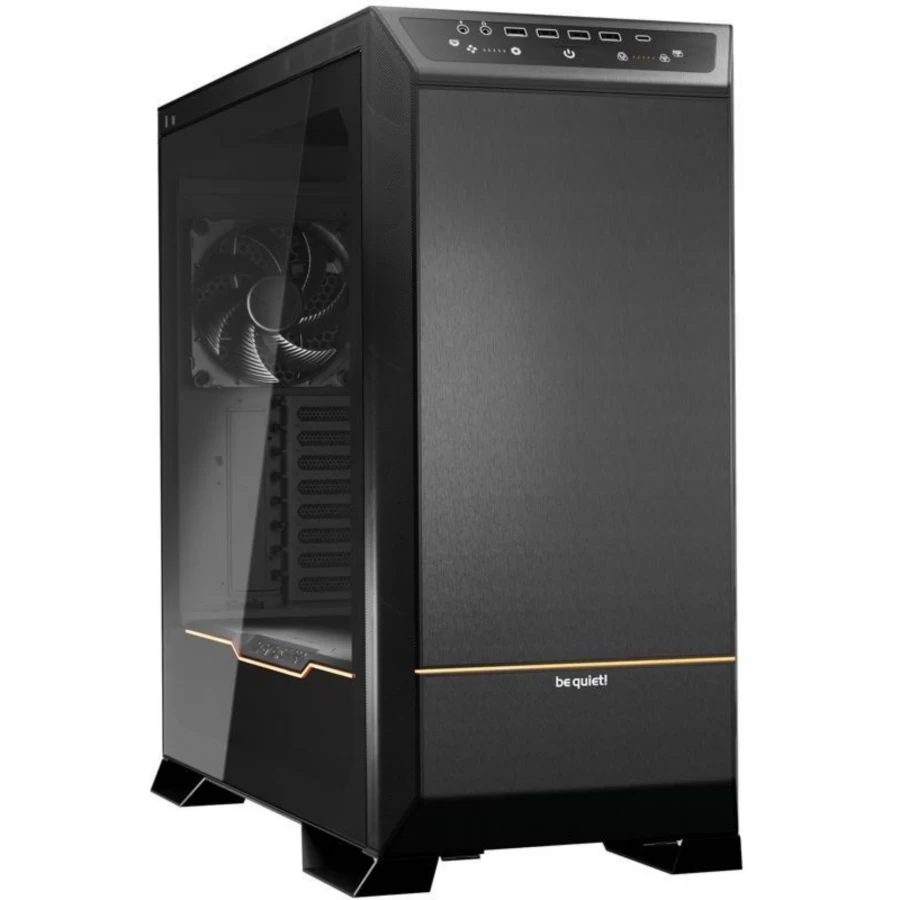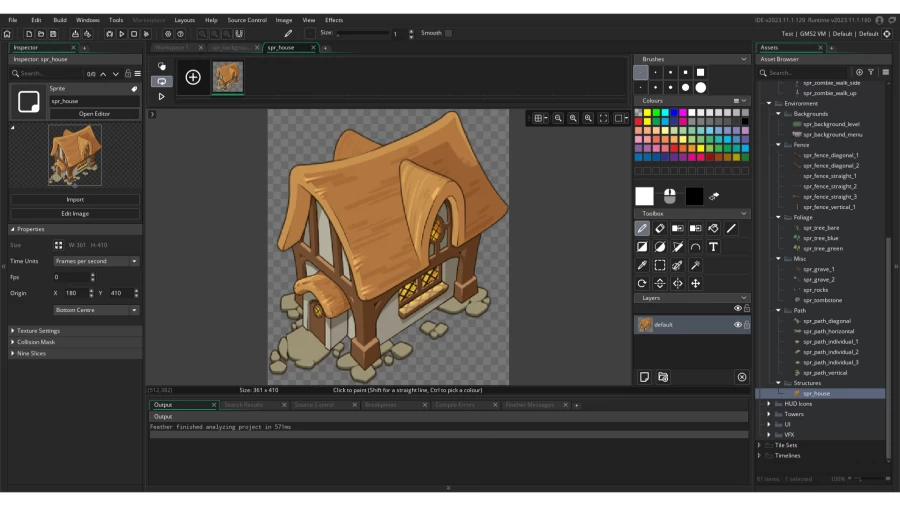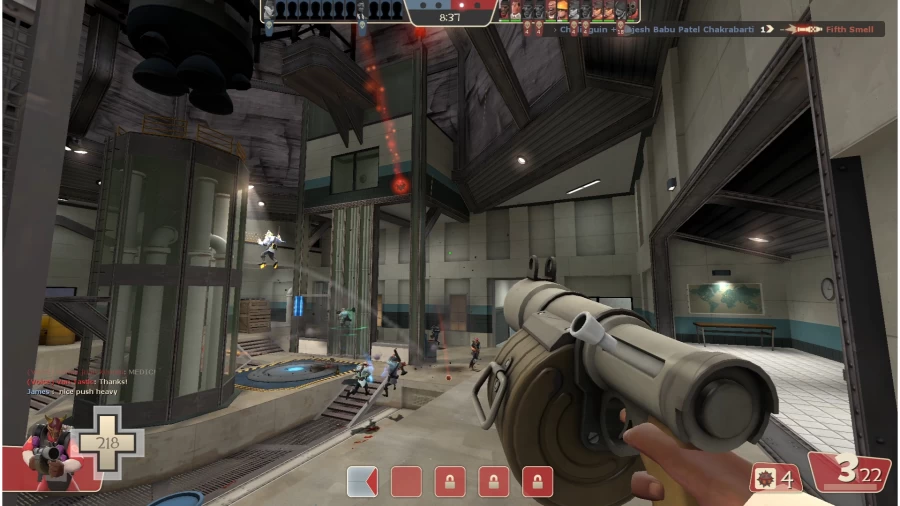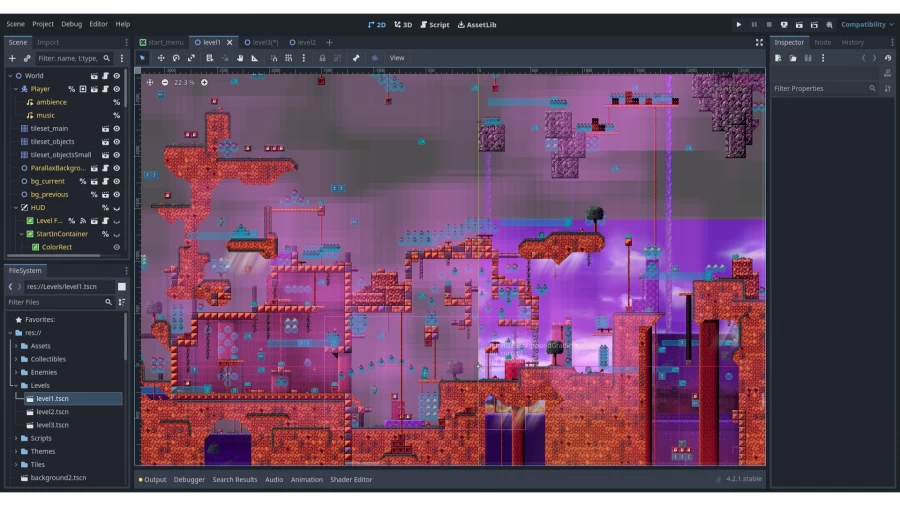CPU
The CPU, or Central Processing Unit, is crucial in game development as it serves as the brain of the computer, orchestrating and executing the core functions and calculations needed in game creation. Its speed and efficiency determine how smoothly development software runs, impacting tasks like AI logic processing, physics simulations, and compiling code. For complex game development, a high-performance CPU ensures faster rendering times, more efficient workflow in real-time game engines, and smoother multitasking capabilities. Choosing a powerful CPU, therefore, significantly enhances the overall efficiency and speed of game development processes.
You need to balance the CPU, though, depending on your workload. Check the software that you use. Do you benefit from less cores but more speed? Or do you benefit from a greater core count? Working these things out means you can replace the hardware you don't require with cheaper parts and spend more on the parts that benefit you most.
Graphics Card
In game development, the graphics card plays a pivotal role, particularly in tasks involving graphics rendering and visualization. High-end GPUs accelerate processes in game engines, significantly reducing the time for rendering 3D graphics, textures, and special effects.
Discrete GPUs also support technologies like CUDA and OpenCL, which are essential for parallel processing tasks in game development. These technologies allow developers to utilize the GPU for non-graphical computations, like physics simulations and AI calculations, enhancing efficiency. Therefore, a robust GPU not only improves visual fidelity in games but also expedites development and design workflows, making it a vital component for any game development PC.
Memory (RAM)
In game development, high-capacity, high-speed RAM (Random Access Memory) is essential for handling large-scale projects and multitasking efficiently. With the shift to DDR5 RAM in modern systems, performance in high-end tasks like 3D rendering and real-time simulations has been significantly enhanced.
While 16GB is the minimum recommended capacity here, more complex projects in game development (particularly those involving 3D design programs like Maya and 3DS Max) benefit from higher amounts of RAM. Having sufficient RAM ensures smoother previews and faster processing. Moreover, the scalability of RAM allows for easy upgrades; provided there are open slots on your motherboard, RAM upgrades offer flexibility as your development needs evolve.
Storage (SSD)
For game development, storage is yet another crucial element. And in particular, we recommend getting an NVMe SSD as your main storage drive. NVMe SSDs offer exceptionally high read and write speeds compared to traditional HDDs or SATA SSDs. This translates to faster load times for development software, quicker file transfers, more efficient handling of large assets like textures and models, and near-instant boot times if the OS lives on the drive.
The speed advantage is particularly noticeable when working with real-time game engines, as it reduces the time spent on loading levels or compiling game builds. Implementing an NVMe SSD as your primary drive for both system and development software ensures a more responsive and productive game development environment.
NVMe SSDs differ from other SSDs mainly in terms of their interface and performance. While traditional SSDs use the SATA interface, designed initially for hard disk drives, NVMe SSDs utilize the faster PCIe interface. This allows NVMe SSDs to offer significantly higher speeds in all relevant operations, deliver more data simultaneously, and handle more input/output actions per second. This makes them ideal for storage-intensive tasks like gaming and game development.
Power Supply (PSU)
The Power Supply Unit (PSU) does the obvious: it powers all the components. More accurately, it receives power from the wall socket and safely distributes it as needed to each individual component in the system. A quality PSU ensures stable electrical supply, crucial for high-end CPUs and GPUs which draw significant power in sudden bursts. The PSU also helps protect against problematic power surges and fluctuations, which makes it critical to safeguarding expensive components from system crashes and potential damage. In situations where power outages are a frequent issue, however, it would be beneficial to also get an uninterruptible power supply (UPS) to prevent data loss.
Adequate Wattage is vital. A PSU with more capacity than currently needed allows for future upgrades, allows for future optional additions, and operates more efficiently than a unit that's constantly supplying power near its maximum output. Modular PSUs offer the best cable management, aiding airflow and cooling. Thus, choosing a robust, efficient PSU is crucial for everything from system stability to system cooling to longevity, especially in the demanding environment of game development.
